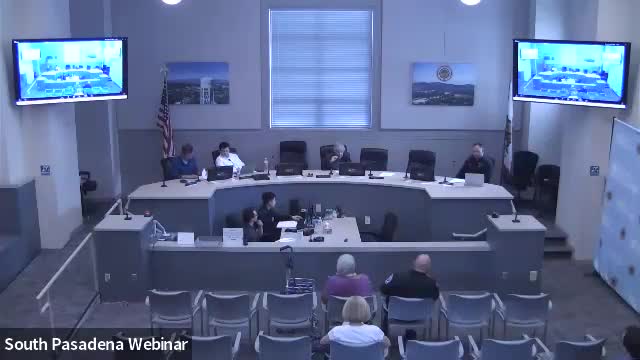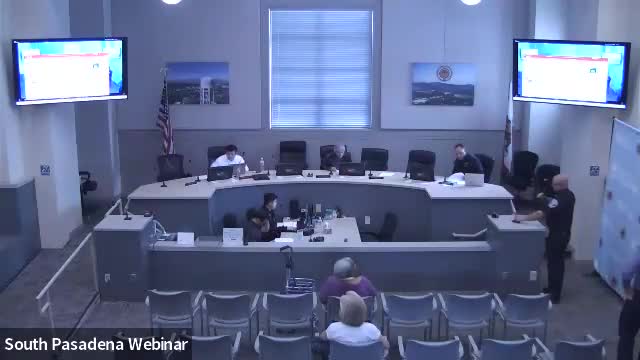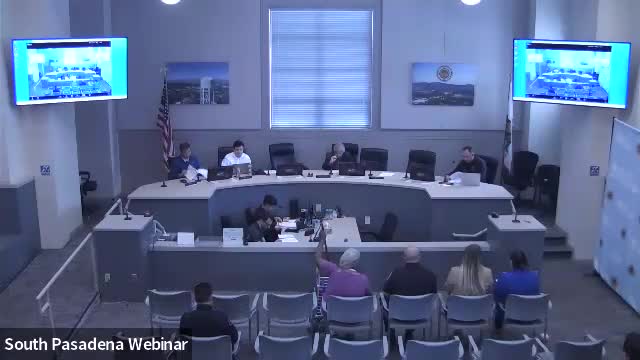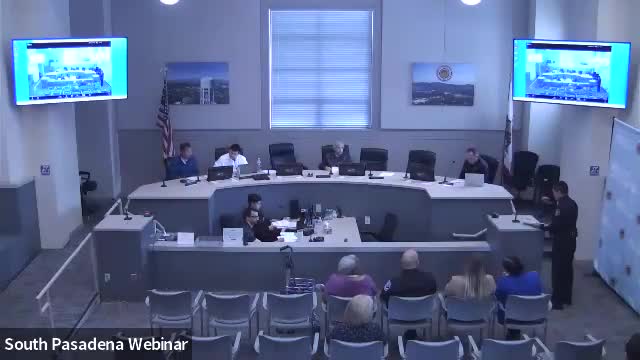Article not found
This article is no longer available. But don't worry—we've gathered other articles that discuss the same topic.

Public Safety Commission elects Commissioner Holguin as chair and Commissioner Liu as vice chair

County cardiac‑arrest task force work reaches South Pasadena; local plan, Heart Safe community work to be drafted

South Pasadena staff to study hybrid fireworks‑drone Fourth of July show for 2026; 2025 event to remain traditional

